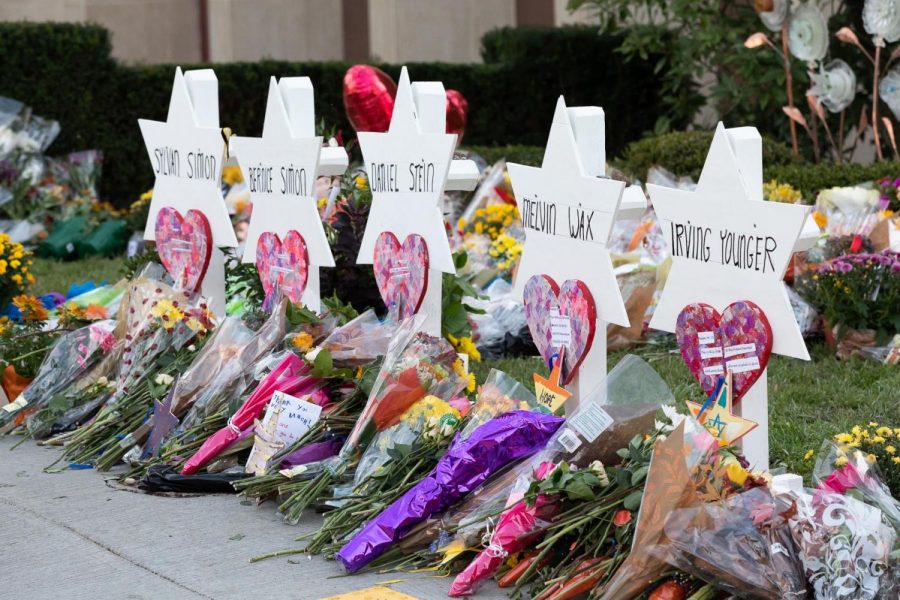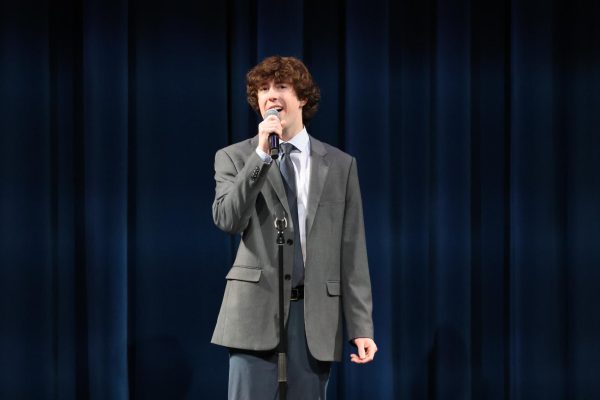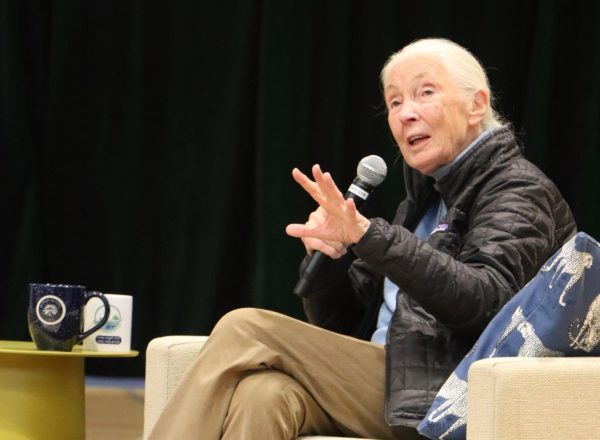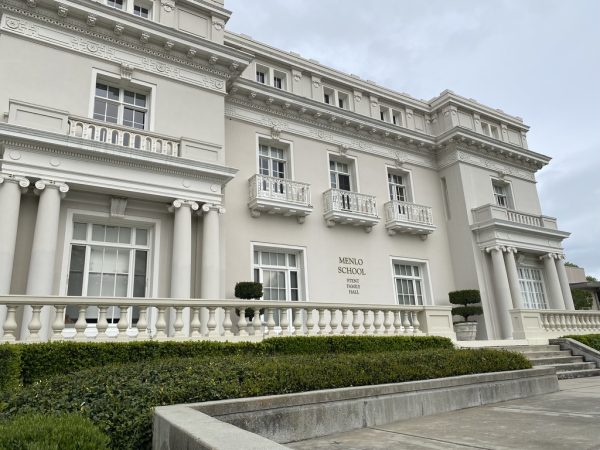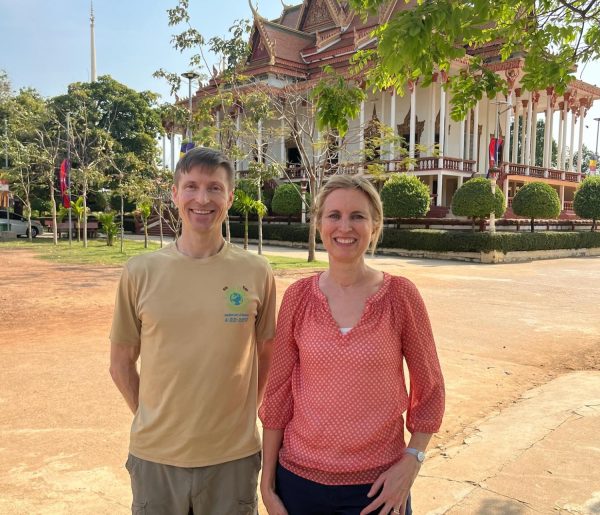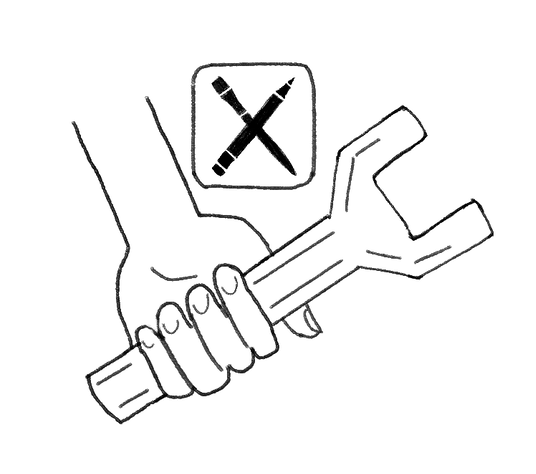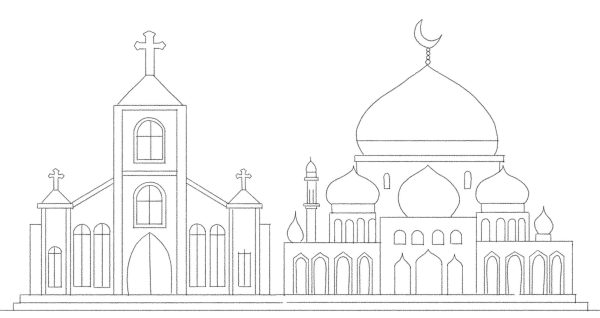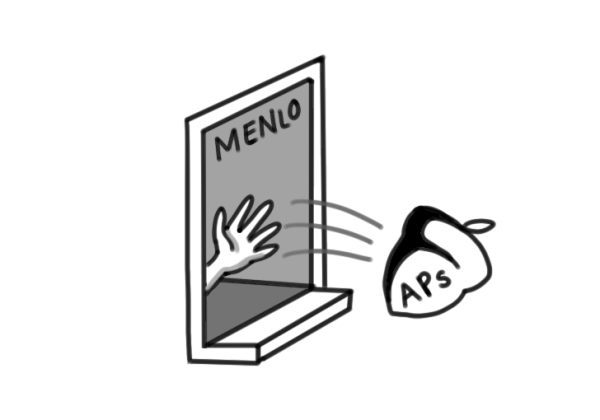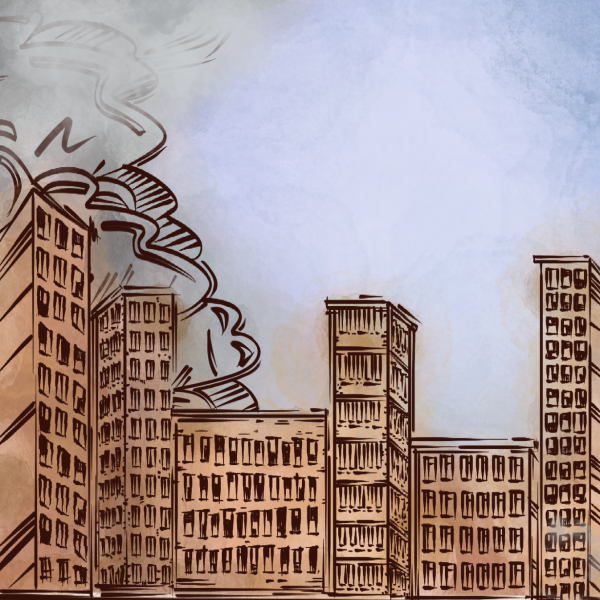Hate Crimes in Places of Worship
Memorial for the victims of Pittsburgh synagogue shooting. Creative Commons Photo: The White House on Flickr.
May 13, 2019
In the past few months, many places once associated with safety have now become places of fear. Hate crimes, defined by the FBI as a criminal offense against a person, or group of people, motivated by an offender’s bias against a race, religion, sexual orientation, ethnicity, disability, or gender, have become common in the news. The Christchurch mosque shooting in New Zealand, the Poway synagogue shooting in California and the Sri Lanka church bombings are all examples of recent religious hate crimes that brought devastated communities.
On Saturday, April 27, 2019, a shooting at a synagogue at Congregation Chabad in Poway, Calif., killed one and wounded three. This occured on the last day of Passover, which celebrates Jewish freedom. This act is identified as a hate crime because the gunman yelled anti-Semitic slurs.
Poway was the second synagogue shooting in six months; the Pittsburgh synagogue shooting in Oct. 2018 killed 11 people during a Shabbat morning service. The Pittsburgh shooting was the deadliest attack against Jewish people in the United States. “It has made us realize that there is still a lot of anti-Semitism in the world, which is really scary. We have definitely been more committed to our faith recently and tried to show solidarity. After the shooting [in Pittsburgh], my mom and I went to a ceremony for the victims,” said junior Micah Schulman, whose family is Jewish.
On Sunday, April 28, 2019, a wave of attacks killed at least 250 people in churches and hotels. The first wave of bombs hit during Easter Sunday services at churches in the center of Sri Lanka’s minority Christian community. According to Manisha Gunasekera, a high commissioner of Sri Lanka to the United Kingdom, “This is an attack against the whole of Sri Lanka because Sri Lanka is [a] multi-ethnic, multi-religious and multi-cultural country, and the whole country comes together in celebration of Easter Sunday.” Evidence now shows that the local jihadists, or Islamic militants, that carried out the bombings are linked to the Islamic State.
Prior to these two attacks, a shooting and suicide bombing in two mosques in Christchurch, New Zealand killed 50 people on Friday, March 15. The shooting took place during prayers at two mosques and became the worst massacre in New Zealand’s history. The gunman, wielding an AR-15 gun, live-streamed the first 17 minutes of the attack on Facebook. In response to the shootings, New Zealand Prime Minister Jacinda Ardern announced her intentions to create stricter gun regulations. Consequently, less than one month after the shooting, New Zealand passed a law banning semi-automatic weapons. Ardern said in her response to the shooting that the gunman will remain “nameless.”
Upper School science teacher David Spence, who is from New Zealand, was in shock after this horrific event.“Everyone has prejudice and bias in New Zealand. We are all human, and we have lots of things to work on. I think one thing that it will do is change [my] and others’ perspectives. We are not a Muslim country originally, but many have immigrated [there] and live [there]. [That] is their home now, and they are New Zealanders. Sometimes [people] forget that, and I think that [the shooting] is going to make a lot more people understanding and tolerant,” Spence said.


